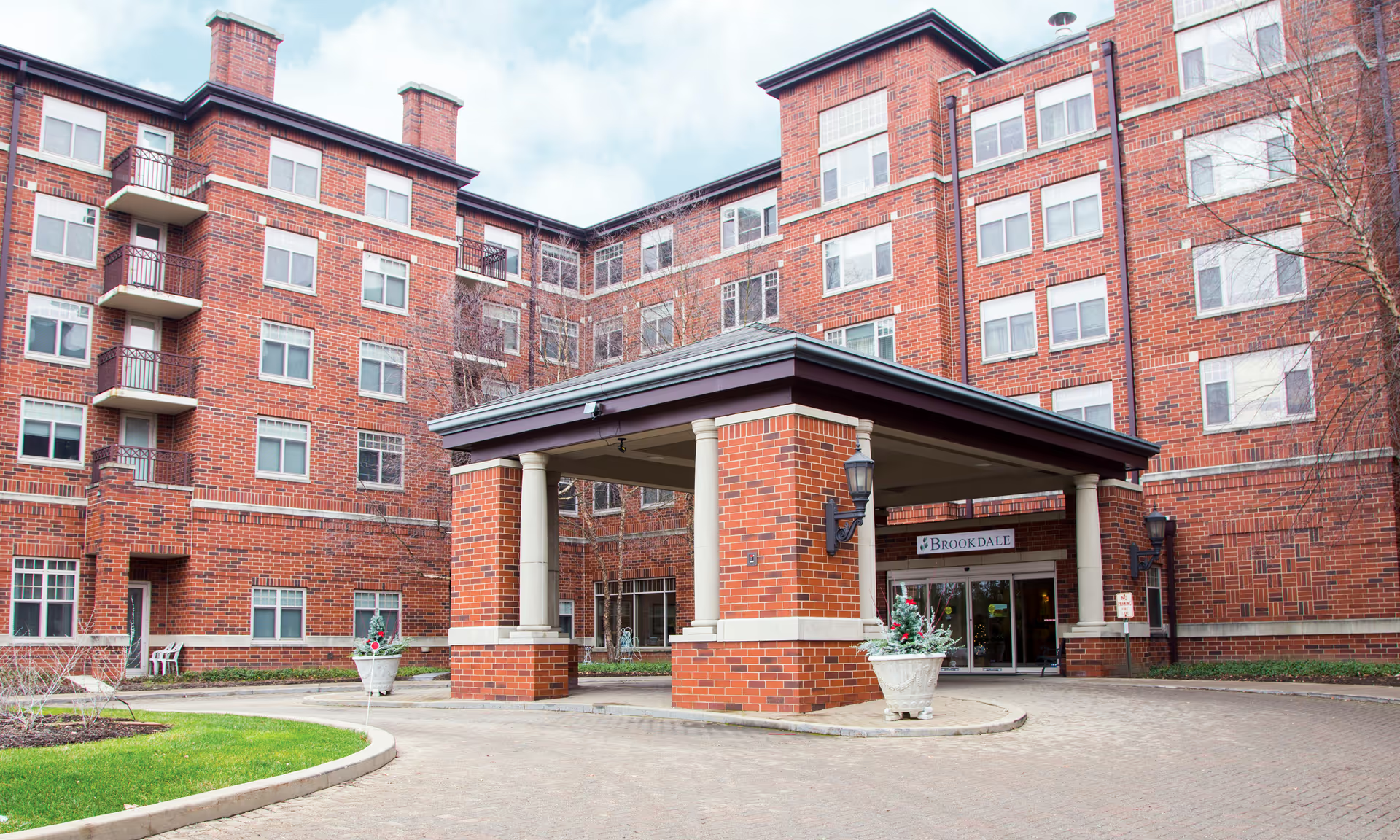The reviews for Intersect Healthcare of Belding present a strongly mixed and polarized picture: multiple reviewers praise individual caregivers and specific rehabilitation outcomes, while an equally vocal set of reviewers report serious operational, clinical, and management problems. Overall, the most consistent positive thread is the presence of committed, compassionate front-line staff—CNAs, certain nurses, and a director of nursing—who in many cases provided excellent personal care, went above and beyond, and helped residents with activities such as Zoom calls. Several reviewers explicitly named staff (Ashley, Kayla, Jody) and Team Belding as exemplary, and multiple accounts describe good technical or rehab care and social connections among residents. Those who had positive experiences often strongly recommended the facility, particularly for short-term rehabilitation stays.
However, significant concerns recur across reviews and cannot be ignored. Multiple reviewers report extended wait times for call bells and delayed responses, problems with locked doors causing access delays, and feelings that visitors are unwelcome or ignored. Clinical safety issues are reported by several reviewers: medication and discharge errors, confusion around IV/PICC line management, and at least one account describing ignored caregiver medication concerns and situations that nearly harmed a patient. These reports suggest inconsistent adherence to physicians' orders and lapses in clinical oversight. Dining and personal-care issues were also raised, such as meals being served puréed when residents were on a regular diet, and clothing being removed, labeled, and stored without consulting families.
Staffing levels and workplace culture emerge as another major theme. Reviewers describe understaffing and very long shifts (reports of 16-hour shifts), which likely contribute to delayed responses, inconsistent care, and burnout. There are strong accusations of punitive management practices, favoritism, and retaliatory actions (for example, termination for calling in sick), which reviewers say undermine staff morale and drive out reliable employees. At the same time, several reviewers explicitly note that many staff members are hardworking and respectful and that they try to provide good care despite these systemic problems—indicating a gap between individual staff performance and facility leadership/operations.
Facilities and logistics are also mentioned: at least one reviewer noted a resident room located far from the therapy department, creating practical difficulties for rehab access. Other operational frustrations include poor phone assistance and unhelpful administrative staff, contributing to families' sense of being unsupported. Conversely, some reviewers praised the facility's appropriateness for both rehabilitation and longer-term stays when the patient encountered attentive staff and well-managed therapy services.
In summary, the reviews paint Intersect Healthcare of Belding as a facility with pockets of excellent, compassionate care delivered by identifiable staff members and teams, particularly in the context of rehabilitation. Simultaneously, there are repeated and serious complaints about clinical errors, inconsistent adherence to medical orders, long call-bell response times, understaffing, problematic management practices, and lapses in safety and communication. The result is a polarized reputation: strongly positive endorsements from families who encountered engaged caregivers and successful rehab experiences, and strong negative warnings from families who encountered mistakes, neglect, or punitive workplace culture. Prospective residents and families should weigh these mixed reports carefully: ask for current staffing levels, protocols for medication and IV/PICC management, call-bell response times, and clarification of visitor access policies; request to meet key staff and observe therapy areas; and seek references from recent families who had similar care needs (e.g., short-term rehab versus long-term care) to better predict the likely experience.







